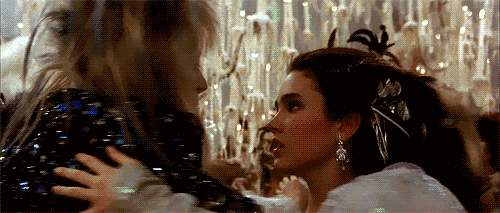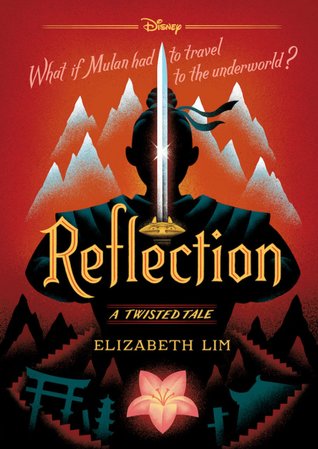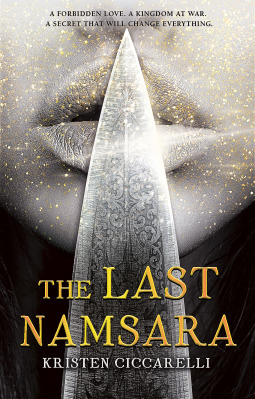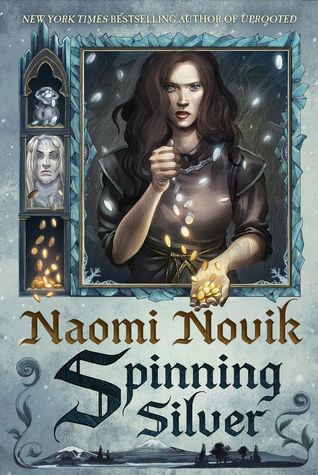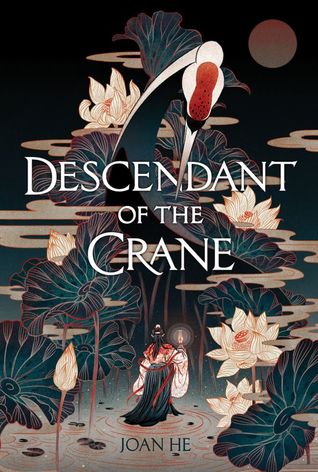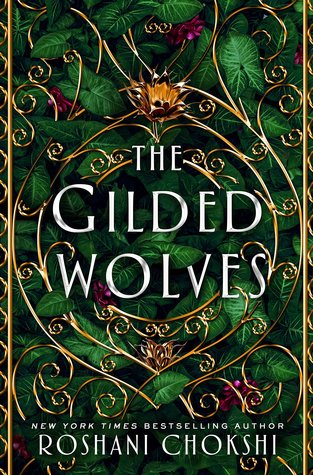
Here we freaking go again. Once more the Conductor of Crushed Dreams and Disappointment™ has seen fit to kick me off the YA Hype Train. Most of my friends were singing this book's praises, and I was like, "Oh boy, a book about sexy heists with diverse main characters." And then what happens? WHAT HAPPENS? I pick it up, enjoy the first chapter, and then immediately lose interest as soon as the narrative seeps into something that I call Basic Bitch YA™, and that someone with more sophistication than I would probably call "a flash in the pan." All these YA books these days seem to prance around in fancy prose, as if putting a silly and ornate hat on their tired storylines and lack of characterization will make up for it. Well, I see through your silly hats, YA books! I see through them and I am not amused.
I think what annoyed me about THE GILDED WOLVES is that it had a lot of potential. It has a steampunk vibe and is set in late 19th century Paris. (Does it capture the vibe and the style of Paris? Er, no. The language is very modern and anachronistic.) It has a huge cast of diverse characters. Laila is Indian. Zofia is Jewish and on the autism spectrum. Hypnos is multiracial and LGBT. Enrique is Filipino and LGBT. It's got an Indiana Jones meets Dan Brown meets Leigh Bardugo vibe. But that's it. The buck stops there. The characters are all childish, and the focus is more on their lame banter than on, well, actual heists. And when I say childish, I don't mean "typical teenager shenanigans!" I mean that this reads like a book for middle school students, with characters who are actually much older talking like kids who are much, much younger. I had the same problem with that Maggie Stiefvater book that everyone loves that I hated. It felt dumbed down, and I found the dialogue to be watered down and insipid. Such is the case here. The narrative writing is much better and I hoped it would go the way of Dhonielle Clayton's THE BELLES, where after a while the purple prose would get dialed back in favor of darker plots, but I was waiting right up until the end and wasn't really impressed with the reveal of the bad guy who was such an obvious bad guy and the mega-cheese of the magic artifacts.
I also didn't really dig how diversity was used in this book. It felt very gimmicky. And before you come bursting down my door to yell at me, no, I am not saying that diversity in and of itself is a gimmick or a trend and that is not the subject of my complaint. I, personally, felt like the characters in this book were not really fleshed out, and their diversity was just name-dropped and then, with the exception of a few reminders, ignored. All of their voices felt highly interchangeable, and I would have liked way more background on who they are and what makes them tick as individuals. Except for a few key elements about each of them, they were all written with exactly the same "voice." You might feel differently and think that they were sufficiently three-dimensional but for me, these characters felt more like a checklist being ticked off and less a portrayal of vibrant individuals who are bringing solid rep to the table. Again, you're free to disagree. I'm white and straight and none of this is really in my "lane." I call things as I see them and try to be honest about where I'm coming from in my views. This is just my personal opinion about what I viewed as happening in this book.
If you enjoy authors like Renee Ahdieh or Maggie Stiefvater, then you'll probably enjoy Roshani Chokshi's writing. I didn't really care for either of those authors' works, which is probably why I didn't much care for THE GILDED WOLVES. I did find the idea of Forged objects interesting and I liked the idea of the characters more than I actually liked the characters themselves because representation is important (although it's certainly not the only factor in making a book good, and rep does not equal good rep by the very nature of existing) and some of the scenes, like the garden of sin and the illusion house, were fascinating. This book just felt way too young for me and watered down and bland, and I don't really think this is an author for me. Maybe she'll be the author for you.
1 to 1.5 out of 5 stars













